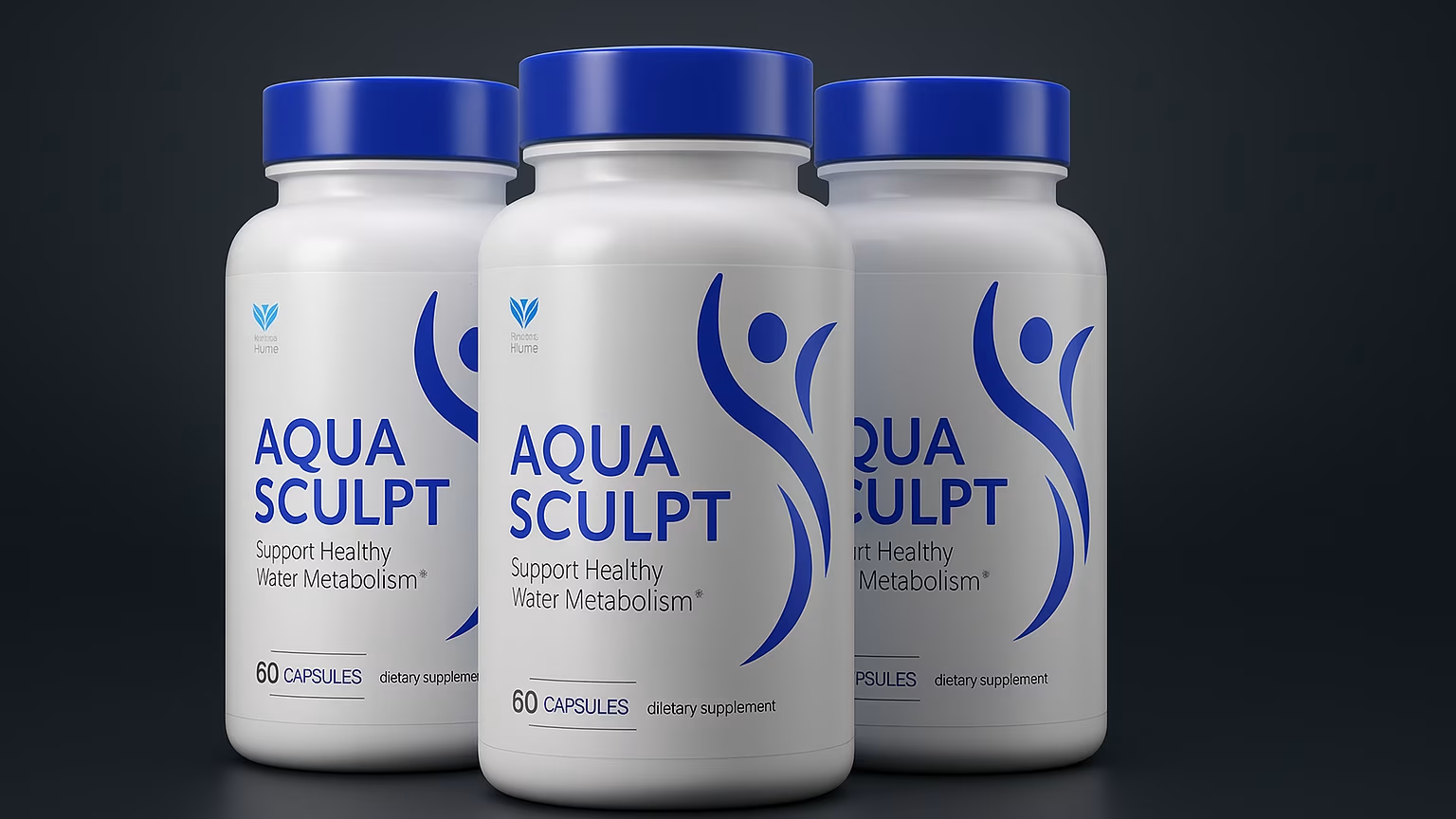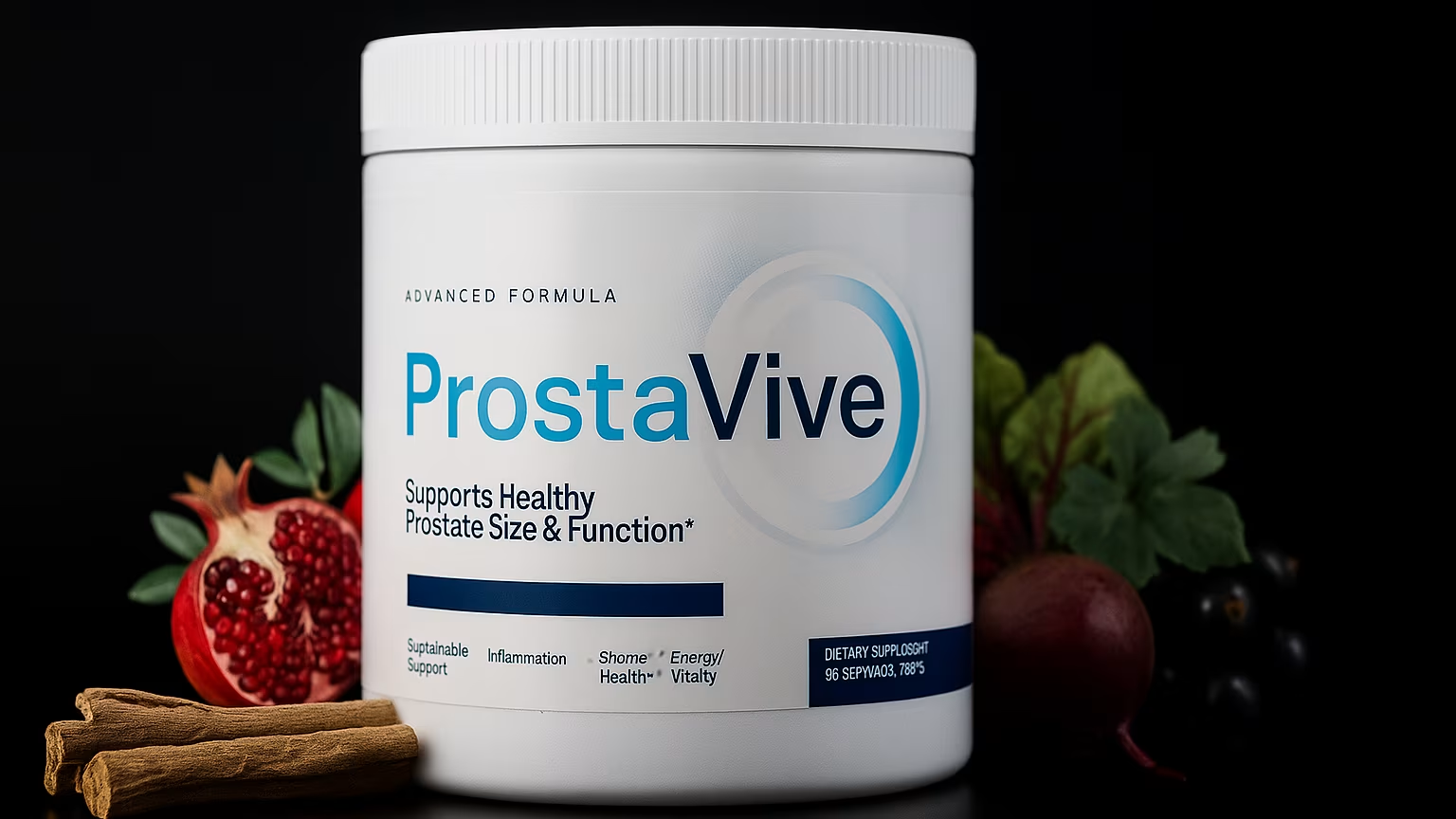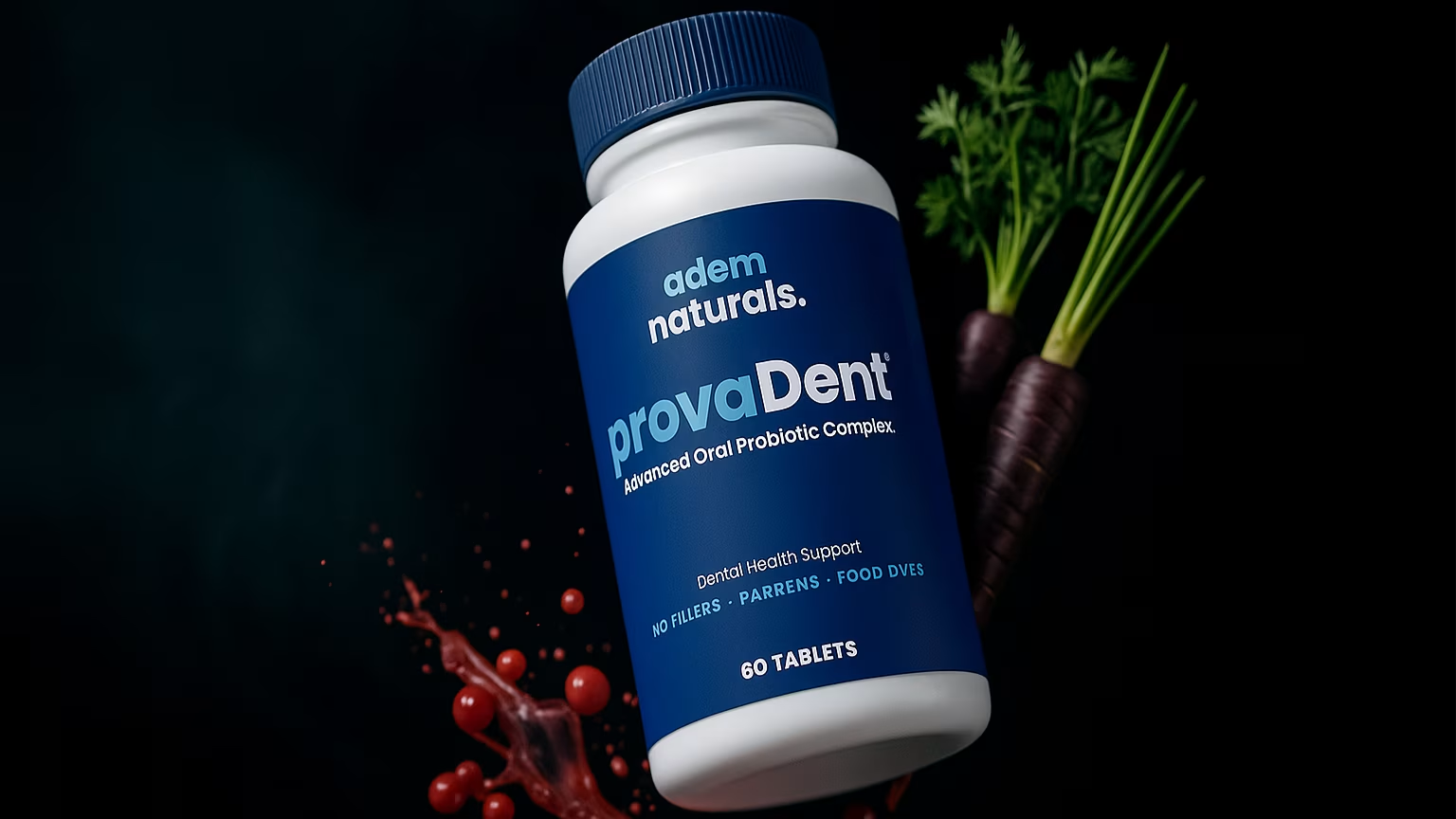Multivitamins are among the most widely used dietary supplements in the world, especially in the United States. Despite their popularity, many people don’t fully understand what they do, who needs them, how to take them properly, and what risks they might carry. This guide will walk you through everything you need to know about multivitamins — from their science-backed benefits to potential side effects, age-specific recommendations, and common questions.
Table of contents
What Are Multivitamins?
A multivitamin is a dietary supplement that contains a combination of essential vitamins and minerals, often along with other nutritional elements like herbs, amino acids, or antioxidants. They’re designed to help you fill nutrient gaps in your diet and support overall health and well-being.
The exact composition of multivitamins varies by brand, age, and gender formulations, but they typically include:
- Vitamins A, B-complex (B1–B12), C, D, E, and K
- Minerals like calcium, magnesium, zinc, selenium, iodine, iron, manganese, and copper
- Sometimes extras like biotin, folic acid, chromium, coenzyme Q10, or herbal extracts
Multivitamin Benefits for Men
Men have unique biological needs. Most male-focused multivitamins support energy, muscle performance, heart health, and reproductive function.
Benefits:
- Energy Production: B vitamins convert food into fuel.
- Muscle Function: Magnesium, potassium, and vitamin D aid muscle strength and reduce cramps.
- Heart Health: Vitamins C, D, E, folic acid, and B6/B12 may help reduce cardiovascular risks.
- Prostate Support: Zinc and selenium are essential for prostate function.
- Immune Boost: Vitamins C, D, and zinc help fight off infections.
Multivitamin Benefits for Women
Women’s nutritional needs vary significantly across different life stages, such as menstruation, pregnancy, breastfeeding, and menopause.
Benefits:
- Bone Health: Calcium, vitamin D, and magnesium help prevent osteoporosis.
- Iron Support: Iron is vital due to menstrual blood loss.
- Hormonal Balance: B6, magnesium, and folic acid help reduce PMS symptoms and support mood.
- Healthy Skin, Hair, Nails: Biotin, zinc, and vitamin C promote glowing skin and stronger hair.
- Fertility and Pregnancy: Folic acid prevents birth defects; iron supports blood volume during pregnancy.
Who Should Take Multivitamins?
Multivitamins are not strictly necessary for everyone. However, certain groups benefit more than others.
Recommended For:
- People with poor dietary habits
- Pregnant or breastfeeding women
- Vegans and vegetarians
- People over age 50
- Those with medical absorption issues (e.g., IBS, celiac)
- Recovering patients or those with nutrient deficiencies
Not Always Necessary For:
- Healthy individuals with a well-balanced diet
- Children who eat varied, nutritious meals
- People who already take individual vitamin supplements
Best Time to Take Multivitamins
- With meals: Taking multivitamins with food improves absorption, especially fat-soluble vitamins (A, D, E, K).
- Time of day: Morning or lunchtime is best. Avoid taking them late at night as B vitamins can be stimulating.
- Avoid on an empty stomach: Can cause nausea or discomfort in some users.
Potential Side Effects
Multivitamins are generally safe when taken as recommended. But in some cases, especially with overdosing or improper use, side effects may occur.
Common Side Effects:
- Upset stomach, nausea, or gas
- Constipation or diarrhea (especially with high iron/magnesium)
- Headaches or dizziness
- Allergic reactions (due to fillers, dyes, or herbs)
- Urine discoloration (from excess riboflavin – B2)
Overdose Risks:
Fat-soluble vitamins like A, D, E, and K accumulate in the body and can be toxic in large amounts. Excessive iron, vitamin B6, or selenium can also lead to organ stress or nerve damage if taken over time without supervision.
Choosing the Right Multivitamin
There are thousands of products on the market, so it’s important to choose wisely.
What to Look For:
- Age- and gender-specific formulas
- USP or NSF certification for quality and safety
- Moderate doses (not mega-doses unless prescribed)
- No artificial colors, preservatives, or fillers
- Allergen-free (check for soy, gluten, dairy if allergic)
Nutrients Found in Multivitamins
| Nutrient | Role in the Body |
|---|---|
| Vitamin A | Vision, skin, immune defense |
| Vitamin B1–B12 | Energy, nerves, brain health |
| Vitamin C | Immunity, skin, collagen synthesis |
| Vitamin D | Bone health, mood, immune support |
| Vitamin E | Antioxidant, cell protection |
| Vitamin K | Blood clotting, bone metabolism |
| Calcium | Teeth and bone strength |
| Iron | Prevents anemia, oxygen transport |
| Magnesium | Muscle function, sleep, stress reduction |
| Zinc | Immune support, wound healing |
| Folic Acid | Cell growth, pregnancy, DNA synthesis |
FAQ: Frequently Asked Questions
Can children take multivitamins?
Yes, but they need child-specific formulations. Adult vitamins can contain too much iron or fat-soluble vitamins for kids. Always consult a pediatrician before giving supplements to children.
What’s the best age to start taking multivitamins?
Multivitamins can be started:
For children: after age 2–4 (only if needed)
For adults: in the 20s if diet is poor or lifestyle is stressful
Over 50s benefit greatly due to decreased absorption of B12 and vitamin D
Are multivitamins safe during pregnancy?
Yes, but prenatal vitamins are specially designed for pregnancy. They contain higher folic acid, iron, and iodine. Regular multivitamins may lack these or may include risky herbs. Always use doctor-approved prenatal formulas.
Can I take a multivitamin every day forever?
Yes, daily multivitamin use is generally safe when taken within recommended limits. However, you should review your needs annually — diet, age, health status, and medications can change your requirements.
Do multivitamins really work or are they a placebo?
Multivitamins help fill nutrient gaps — especially for people with deficiencies or dietary limitations. While they’re not a magic pill, they offer measurable benefits in immunity, energy, and long-term health when taken consistently.
Can multivitamins cause weight gain or loss?
Multivitamins themselves do not affect weight directly. But correcting deficiencies (like B12 or iron) can improve energy and metabolism, which may help weight management indirectly.
Can I take a multivitamin with other supplements or medications?
Yes, daily multivitamin use is generally safe when taken within recommended limits. However, you should review your needs annually — diet, age, health status, and medications can change your requirements.
Do athletes or gym-goers need different multivitamins?
Yes. People with intense physical demands may need extra magnesium, potassium, B-complex, and antioxidants. There are specialized formulas for sports performance and muscle recovery.
What if I have a sensitive stomach?
Opt for food-based or whole-food multivitamins, or take your multivitamin after a full meal. These are easier to digest and less likely to cause nausea or reflux.
Conclusion
Multivitamins can be an excellent nutritional safety net, especially in a world where stress, poor diet, and environmental exposure often lead to deficiencies. While they aren’t a substitute for a healthy diet, they play a valuable role in supporting immunity, energy, mental clarity, and long-term wellness.
Whether you’re a man aiming for peak performance, a woman going through different life stages, or someone simply looking to feel better every day — the right multivitamin can help fill in the gaps.
But always remember: supplements supplement, not replace, a nutritious, whole-food diet.








